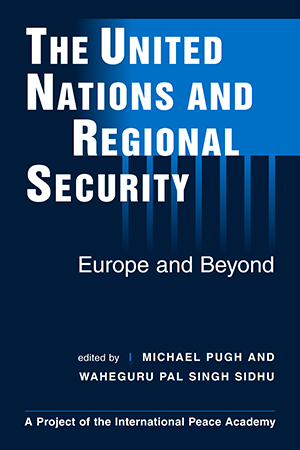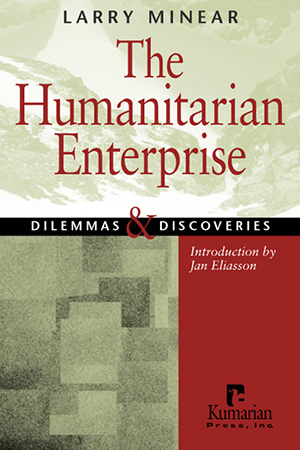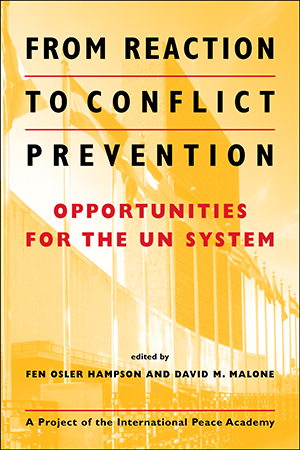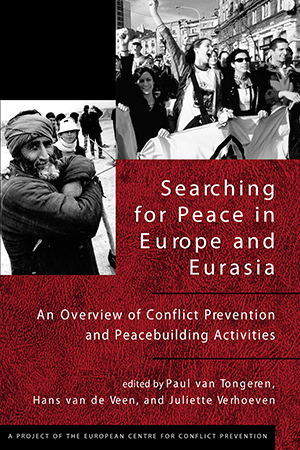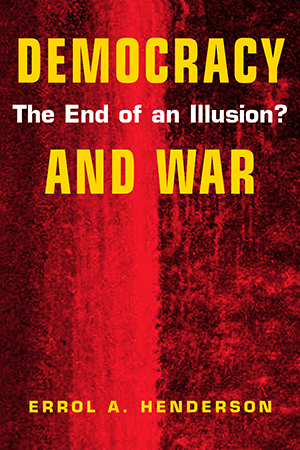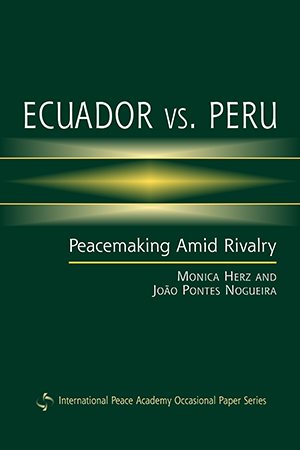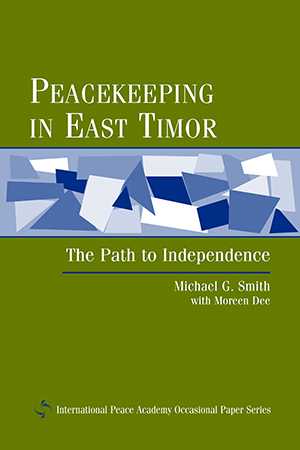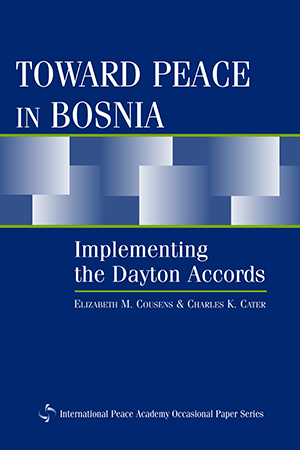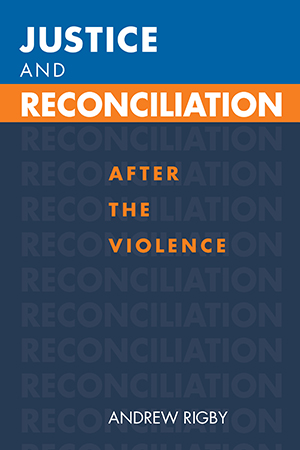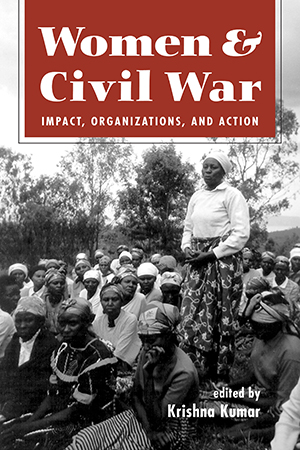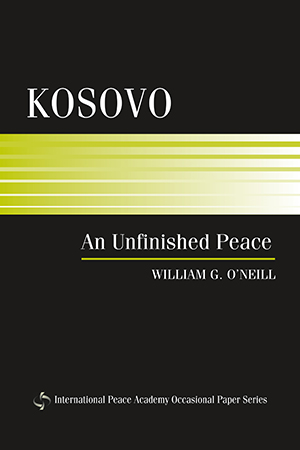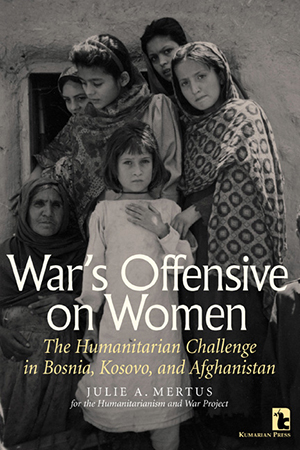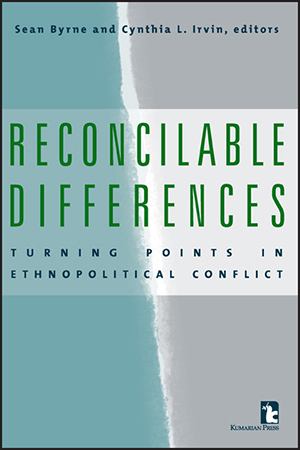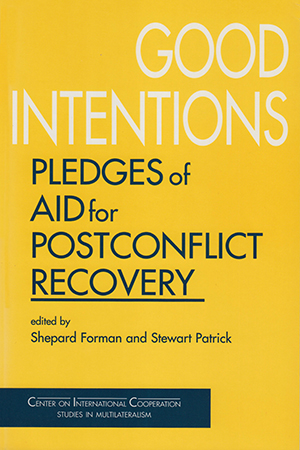Peace & Conflict
Events in Europe over the past decade or so have created a dynamic requiring significant conceptual and practical adjustments on the part of the the United Nations and a range of regional More >
With a particular (though not exclusive) focus on the complex links between humanitarian action and the worlds of politics and military engagement, Larry Minear explores what international More >
Though the prevention of conflict is the first promise in the Charter of the United Nations, it is a promise constantly betrayed by international organizations, governments, and local actors More >
Searching for Peace in Europe and Eurasia offers much-needed insight into the possibilities for effective conflict prevention and peacebuilding throughout the region. Presenting surveys of More >
Errol Henderson critically examines what has been called the closest thing to an empirical law in world politics, the concept of the democratic peace. Henderson tests two versions More >
Although the 1995 Cenepa war between Ecuador and Peru was the first military conflict in South America in more than five decades, the Ecuador-Peru relationship might be characterized as one More >
Despite intensive international efforts in the area of conflict prevention, there is still little agreement about how civil wars might best be averted. And, as the news regularly reminds us, More >
The UN intervention in East Timor amply illustrates the type of complex operation that the United Nations increasingly is being asked to undertake. Michael Smith analyzes the successes and More >
When the Dayton peace agreement was signed in 1995, there were expectations among the signatories, the Bosnian population, and the international community alike that the pact would not only More >
How do societies that have been wracked by violent conflict reconcile themselves to their recent history—and lay the foundations for a peaceful, stable future? How do they deal with More >
Women typically do not remain passive spectators during a war, nor are they always its innocent victims; instead, they frequently take on new roles and responsibilities, participating in More >
Despite the deployment of NATO forces in Kosovo and the UN's direct involvement in governing the province, such terrors as murder, disappearances, bombings, and arson have become routine More >
Julie Mertus explores, with cautious optimism, the progress that has been made in incorporating women and responding to gender issues in the process of dealing with humanitarian crises. More >
The authors of Reconcilable Differences consider how a range of factors converge to shape the ways that ethnic conflicts are waged and how peaceful change occurs. Focusing on the More >
This comparative study assesses the causes—and consequences—of failures to fulfill pledges of aid to postconflict societies. In each of six case studies, the coauthors (drawn More >


